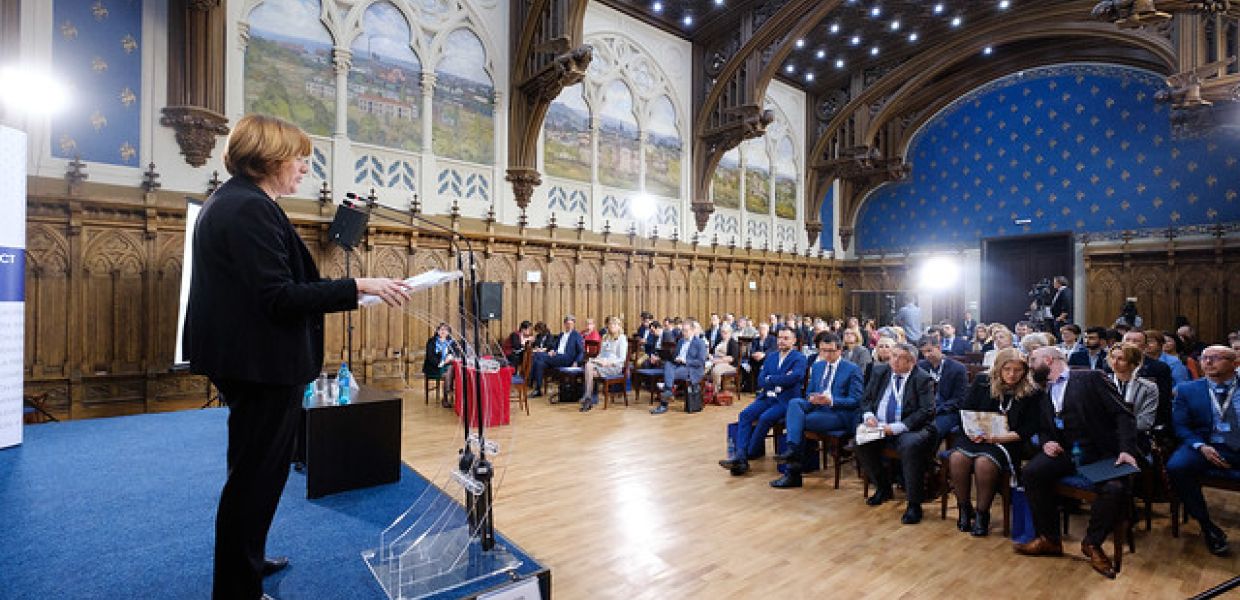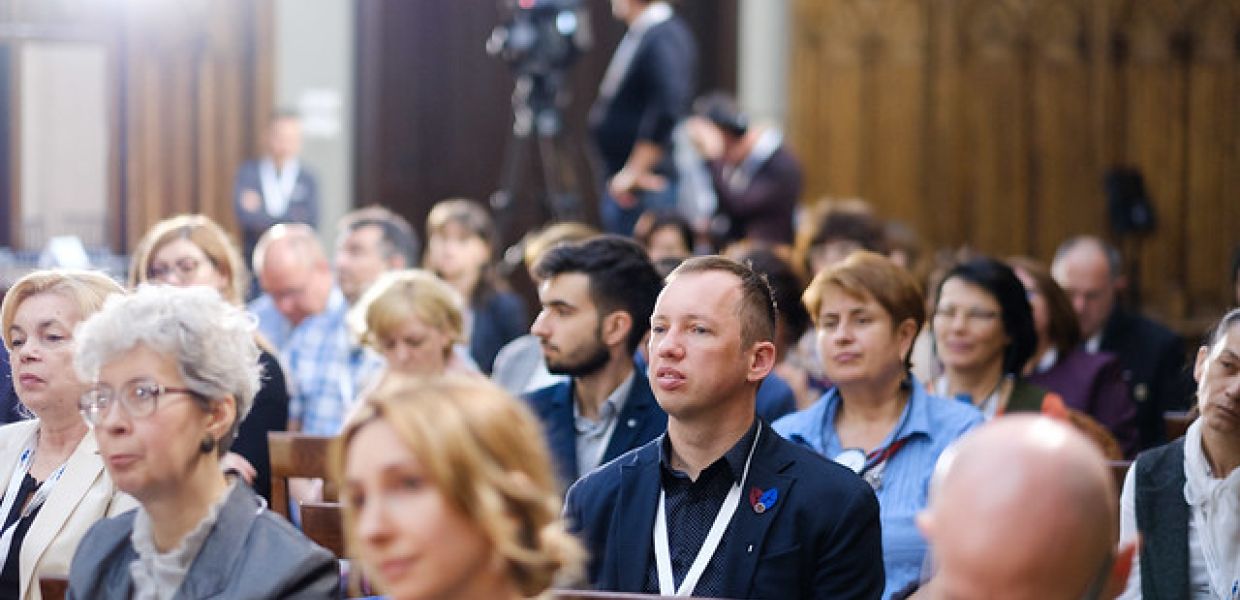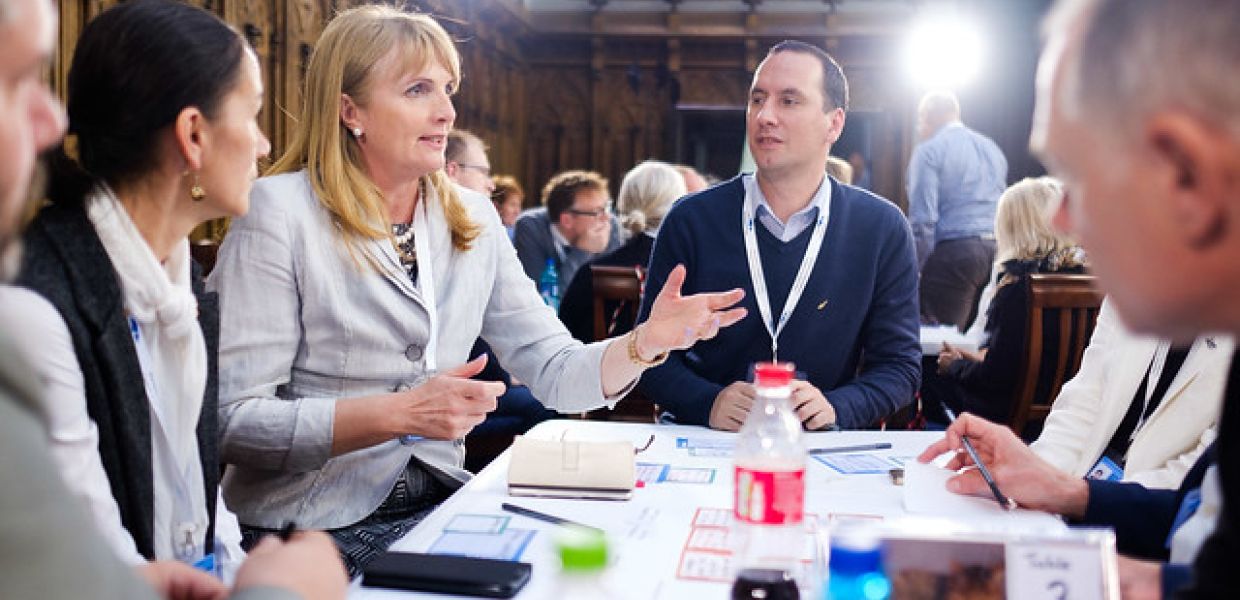Supporting best practice and strong infrastructures across Europe
Last week in Iași, Romania - under the umbrella of the Romanian EU Presidency - Europeana brought together stakeholders from across Europe to explore the next horizon of infrastructure needed to support digital cultural heritage. 90 officials, policymakers and practitioners examined the positive impacts and the challenges of making cultural heritage available on the web for heritage institutions.
Speakers included Mihai Alexandru Gherghe, Secretary of State from the Ministry of Culture, Lăcrămioara Stratulat, Manager of ‘Moldova’ National Museum Complex and Bogdan Trîmbaciu, Director of Project Management Unit, Ministry of Culture and National Identity.
Interoperability and cooperation emerged as the keywords of the day and pointed to the foundations needed to consolidate and secure the cultural heritage sector’s place in Europe’s digital future.
There is a clear case that investment in digital platforms and infrastructures - like the Europeana platform - must be matched with continued investment in robust policy and reliable infrastructures, at national and European level.
Keynote speaker Gail Kent, Director CNECT G. Data at the European Commission said, ‘Millions of content items on Europeana would have not been possible without national support, national infrastructures and over 3,700 institutions themselves opening up their collections online and contributing to this EU initiative’.



